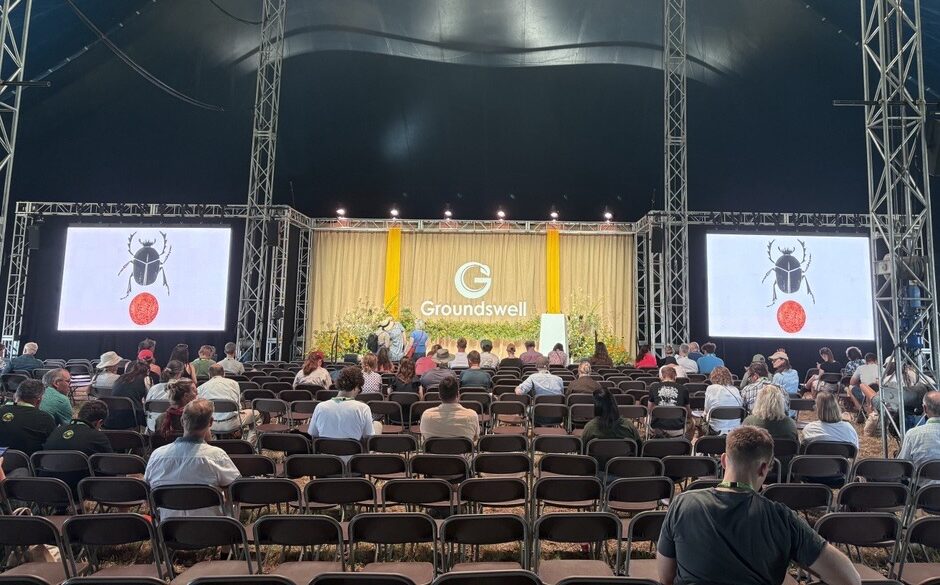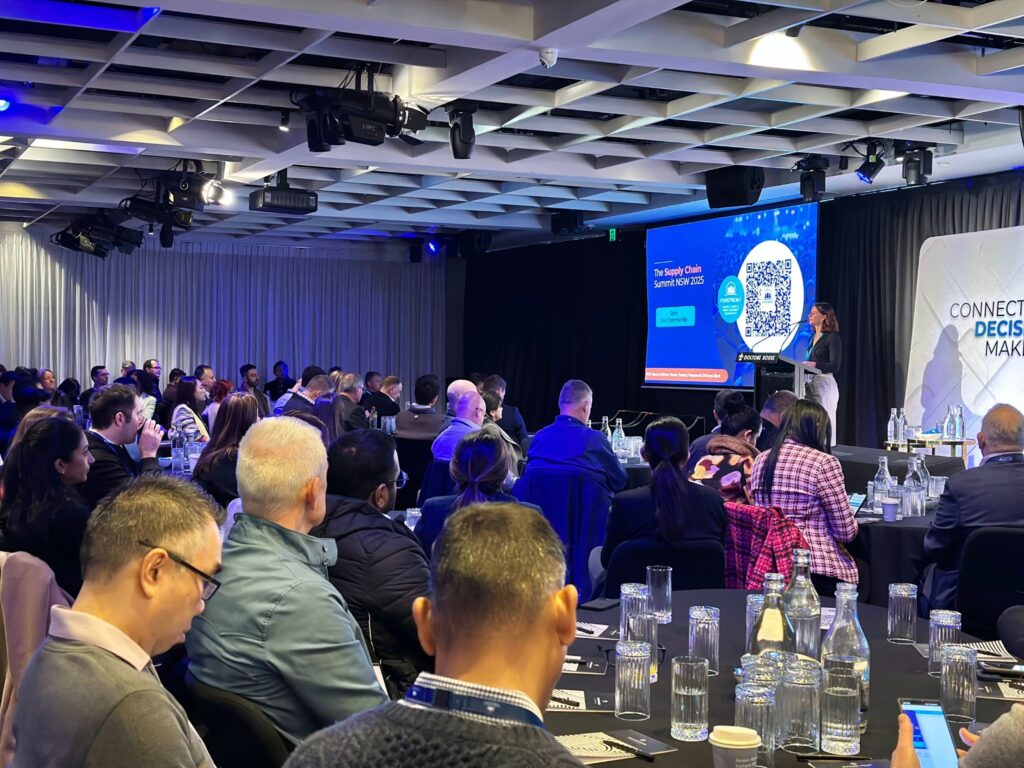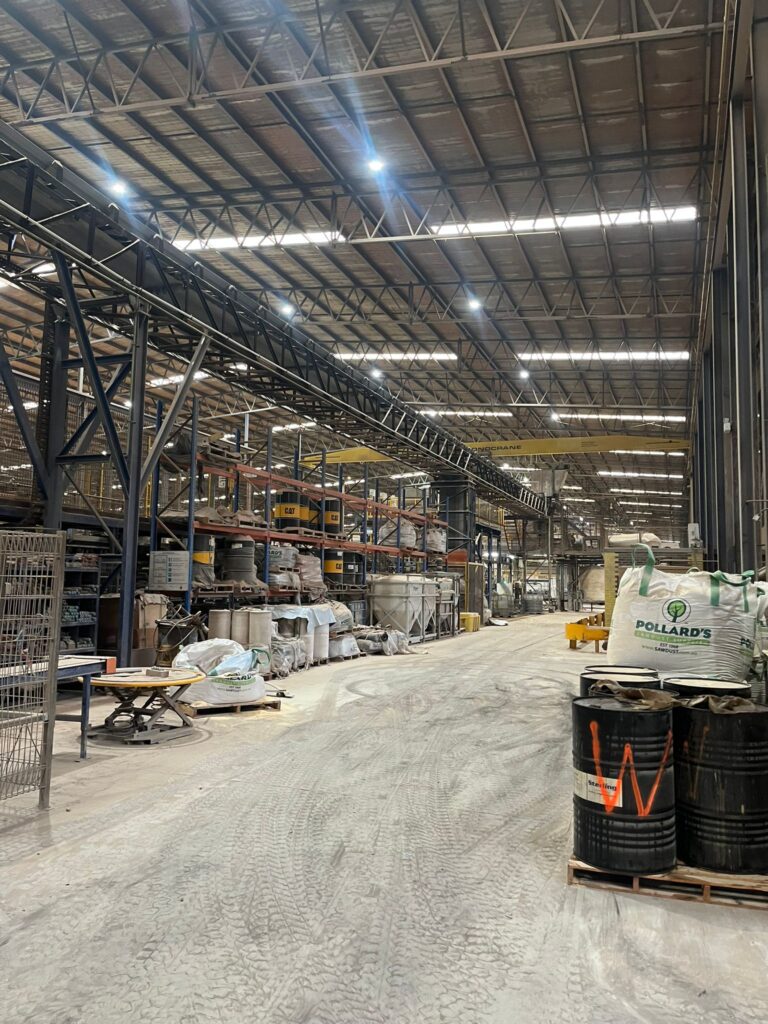The word free is attractive. Even useless stuff will change owner if the sign says “for free”. Some very interesting products are free of charge; like ChatGPT. On all kinds of questions, it offers swift answers, well written, with grammar that is the envy of most people. Attempting to be complete, highlighting different viewpoints or aspects, almost every answer is built up as a list. Ideal if you have little knowledge of a topic, and a good help to test completeness for those who already have understanding.
Wait! Providing support on specific topics, isn’t that one of the reasons for hiring consultants? Is this free-of-charge information source, ChatGPT, a threat to consultants? Time for some testing:
Questions around “ideas for productivity improvement” lead to answers that are mainly based on lean principles and written in general terms, which is a view on manufacturing basics. Great as a general overview, but less so if you are already more experienced. Ideally, you would want more specific detail, more focussed and usable in your environment. This is more of a challenge, as ChatGPT provides answers full of content, but leaves the specific context out.
Another attempt: “What to do to increase profit?” Again, a detailed answer, highlighting twelve different aspects and touch the most important areas. Overwhelming! But which of these twelve to choose in a specific situation?
Attempting to feed ChatGPT with more specifics, we fall into a well-known pitfall; confirmation bias. If one doesn’t get the expected answer, apparently the context is not specified with enough detail. Why else would anyone, even ChatGPT, not come to “my” conclusion? Adding more and more context, reinforces the expected answer.
That’s exactly why ChatGPT is not yet free beer! Real added value appears when combining content knowledge with context. Where ChatGPT covers the first pretty well, it is close to impossible to fill the latter. That also counts for another important consultant role: to challenge the customer view and break the confirmation bias. As a real contradiction in terms, it is impossible to resolve this by customer and ChatGPT only.
“Do consultants add value?” ChatGPT understands that its answers do not include context, they lack empathy, cannot create innovative ideas nor can play a role in a change process. That’s where consultants can add value.
Free beer? Not yet, except for those who would never hire a consultant anyway, since they expect to hear what they already know. But looking forward, at the development speed of AI tools, who knows, it might be tomorrow…







